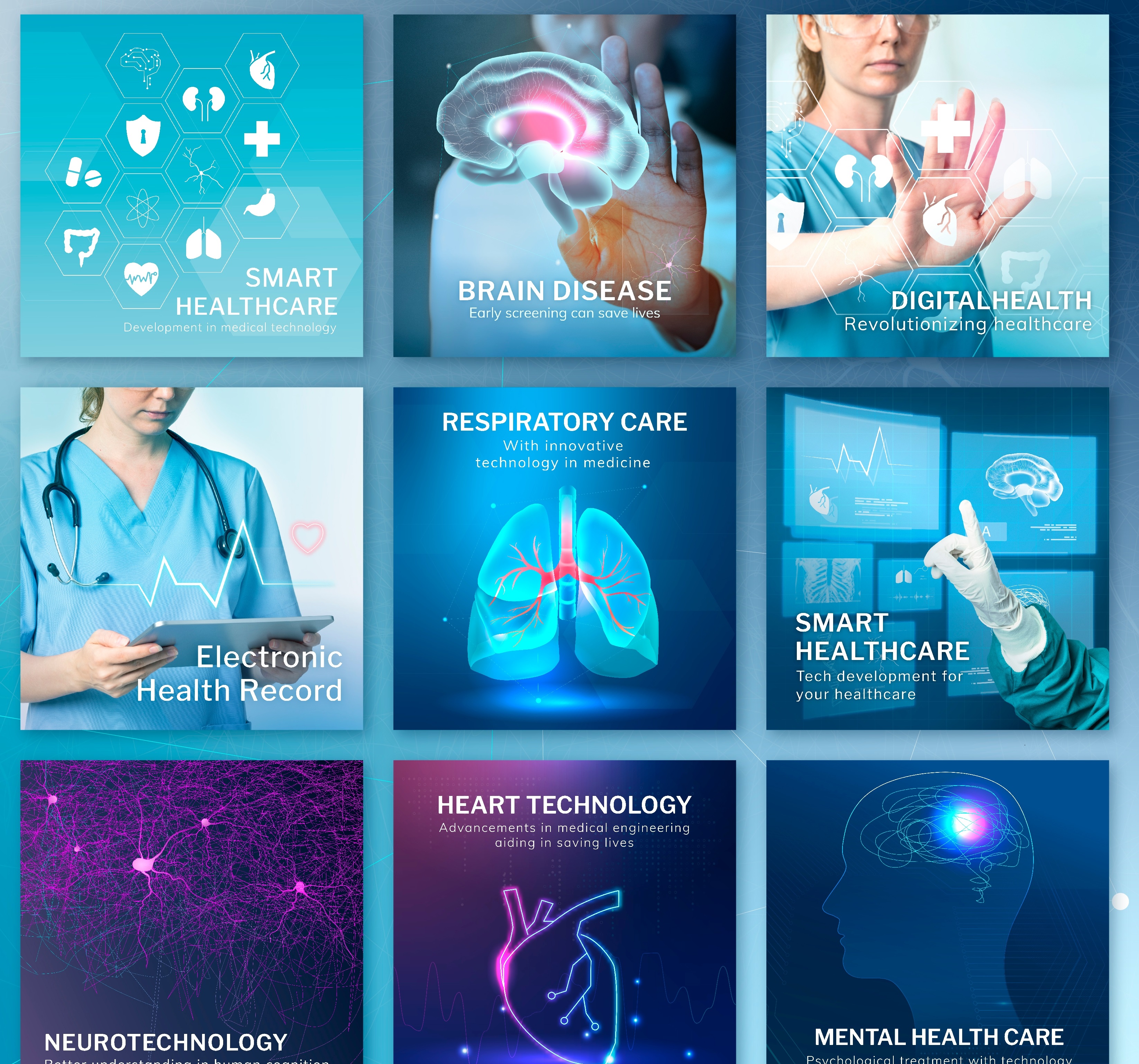
The healthcare sector is currently grappling with a severe shortage of medical personnel and healthcare experts in recent years, a trend forecasted to persist until 2024 according to WHO. This challenging situation necessitates healthcare organizations and enterprises to seek solutions from healthcare technology to conserve resources, especially under the significant financial strain they are facing.
Industry leaders increasingly recognize the importance of addressing accessibility issues in healthcare systems for everyone, alongside environmental challenges. In the face of these challenges, employing artificial intelligence (AI) technology in healthcare is considered pivotal in removing existing bottlenecks. These advanced, revolutionary applications empower healthcare professionals and enhance the quality of patient care services, contributing significantly to society with profoundly positive outcomes.
So, what are the leading healthcare technologies shaping the trends in 2024?

Integrating this information becomes crucial with the increasing volume of diagnostic data collected from various sources, ranging from imaging to genetic information and digital pathology. This helps physicians formulate personalized diagnosis and treatment plans for each patient. However, currently, this data is often fragmented across multiple systems.
Advancements in integrated diagnosis will facilitate healthcare professionals exchanging patient information more conveniently, enhancing collaboration. Integrated diagnosis will create a "common dashboard" synthesizing data from various fields. This digital environment does not rely on a specific provider, thereby supporting physicians in timely and accurate patient diagnosis.
For cancer patients, integrated diagnosis supported by artificial intelligence (AI) means they can be diagnosed and treated more effectively early, with the highest chances of successful treatment. Moreover, experts can gain better insights into the consistency of their findings, establishing a continuous feedback loop to optimize the diagnostic process.
Today, virtual reality (VR) unlocks tremendous potential in transforming the quality of healthcare delivery for both patients and physicians alike. On the physician front, VR technology in healthcare is witnessing robust application in training surgical experts in a real-world environment.
A recent study by the Harvard Business Review has elucidated that surgical training through VR can yield performance enhancements of up to 230%, with faster and more precise outcomes compared to traditional methods. Currently, VR is not merely an educational tool but also a groundbreaking advancement that enhances the working capabilities of healthcare teams amidst the shortage of medical personnel, particularly prevalent in developing or underdeveloped nations.
Moreover, with VR technology continuously evolving, it presents opportunities for patients in rural and remote areas to access higher-quality healthcare services, thus fostering healthcare service accessibility equity.
Predictive analytics has emerged as one of the most promising technological trends in healthcare in recent years. By aggregating real-time surgical and clinical data alongside historical records, predictive analytics can assist healthcare service providers in improving operational efficiency and implementing effective preventive measures. According to the Philips Future Health Index 2023 report, 39% of healthcare leaders plan to invest in artificial intelligence for outcome prediction.
Currently, predictive analytics in healthcare enables the prediction and management of patient flow, thereby rationalizing resource allocation. This has demonstrated the importance of resource allocation in urgent situations such as the COVID-19 pandemic and has become an integral part of hospital operations worldwide. Additionally, through monitoring medical devices, predictive analytics helps identify the timing for maintenance or replacement of hardware components, addressing 30% of cases before encountering issues, thus preventing unwanted disruptions.
In clinical settings, predictive analytics can support the early detection of health risks in patients based on signs and data. This holds immense value in emergency care, where patients' lives can be saved if timely interventions are made.
As healthcare organizations grapple with persistent workforce shortages, reshaping workforce strategies to attract and retain talent becomes crucial, striking a better balance between work and life for healthcare professionals.\
In recent years, a prominent trend has been the integration of AI into imaging diagnosis systems, enabling physicians to detect abnormalities on CT and MRI images earlier and more accurately. A notable example in Vietnam is the solution developed by VinBrain called DrAid™ Comprehensive Screening with Artificial Intelligence (AI), capable of screening and detecting 52 abnormalities on chest X-ray images. Moreover, with an accuracy rate of up to 91%, the solution brings significant benefits to both physicians and patients.
In the coming years, automation will further advance with the powerful surge of Generative AI in healthcare. According to a recent survey by Bain & Company, leading healthcare organizations unanimously recognize that Generative AI presents a golden opportunity to alleviate the burden on healthcare staff and enhance operational efficiency.
Despite healthcare advancements, billions worldwide still lack access to essential healthcare services. This disparity is growing in countries with developed healthcare systems, posing a significant challenge to the global healthcare system.
Harnessing the power of advanced technology is the solution that industry leaders are seeking. One notable solution in the recent COVID-19 pandemic is Telemedicine and Telehealth. Patients can access healthcare services remotely using a smartphone or other smart devices. Doctors can conduct examinations, treat patients, and prescribe medication using a mobile phone or tablet.
Source:
- https://hbr.org/2019/10/research-how-virtual-reality-can-help-train-surgeons
Top